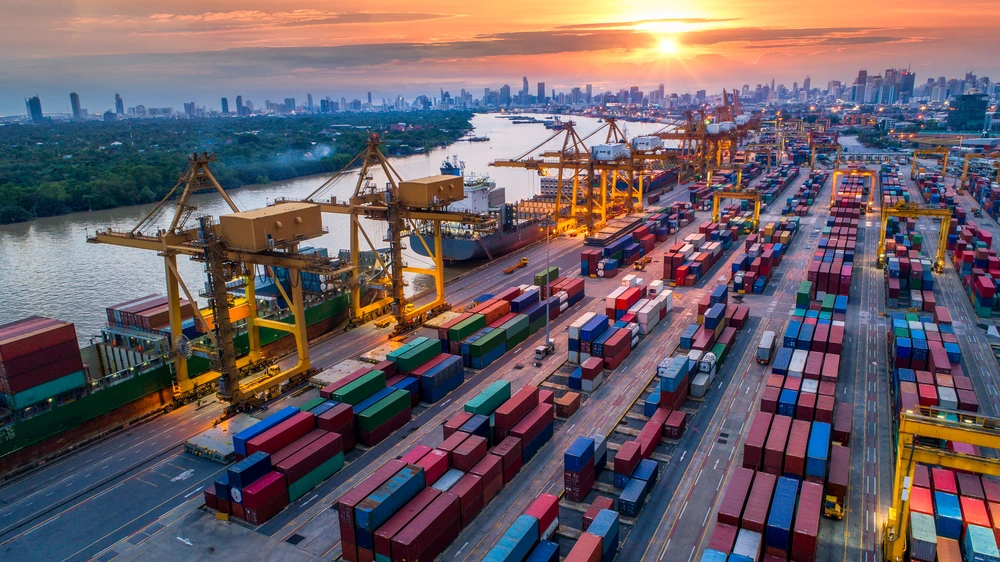Brazil’s international reserves fell by $25.3 billion in 2024, dropping from $355.03 billion to $329.73 billion, according to the Central Bank of Brazil.
This marked one of the sharpest annual declines in recent years, driven primarily by dollar sales in the domestic market during the last quarter. The Central Bank sold over $30 billion in December alone to stabilize the Brazilian real, which lost 27% of its value against the dollar over the year.
The currency interventions aimed to contain inflation and prevent further devaluation of the real but exposed vulnerabilities in Brazil’s economy. The country also recorded a net foreign exchange outflow of $15.9 billion, the third-largest in its history.
This reflects investor concerns over fiscal instability and delayed economic reforms. Political uncertainty further eroded confidence, prompting capital flight. Global economic pressures compounded these challenges.
Rising interest rates in major economies like the United States reduced the value of U.S. Treasury bonds, a key component of Brazil’s reserves portfolio. Higher rates also made emerging markets less attractive to investors, intensifying capital outflows.
 Economic Instability Drains Brazil’s International Reserves by $25.3 Billion in 2024. (Photo Internet reproduction)
Economic Instability Drains Brazil’s International Reserves by $25.3 Billion in 2024. (Photo Internet reproduction)Despite the reserve depletion, the Central Bank reported a positive return of 3.02% on managed investments in 2024. Gains from market adjustments reached 3.20%, but currency fluctuations caused a 0.18% loss.
Brazil’s Economic Struggles
These figures highlight some resilience in reserve management despite broader economic difficulties. Brazil’s trade balance provided some relief with a $68.47 billion surplus, supported by $298.46 billion in exports of commodities like soybeans and iron ore.
However, this was insufficient to offset broader economic pressures. High domestic interest rates aimed at controlling inflation further slowed economic recovery by increasing borrowing costs and dampening consumer demand.
The rapid reserve decline raised concerns about Brazil’s ability to maintain financial stability and meet external obligations. While current reserve levels remain adequate, their depletion underscores systemic issues such as reliance on foreign investment and vulnerability to global financial shifts.
Looking ahead, Brazil must implement credible fiscal reforms and address political instability to restore investor confidence and stabilize its economy. The Central Bank faces the challenge of balancing exchange rate interventions with preserving sufficient reserves for future crises.

 By The Rio Times | Created at 2025-04-02 10:09:14 | Updated at 2025-04-04 00:17:44
1 day ago
By The Rio Times | Created at 2025-04-02 10:09:14 | Updated at 2025-04-04 00:17:44
1 day ago








